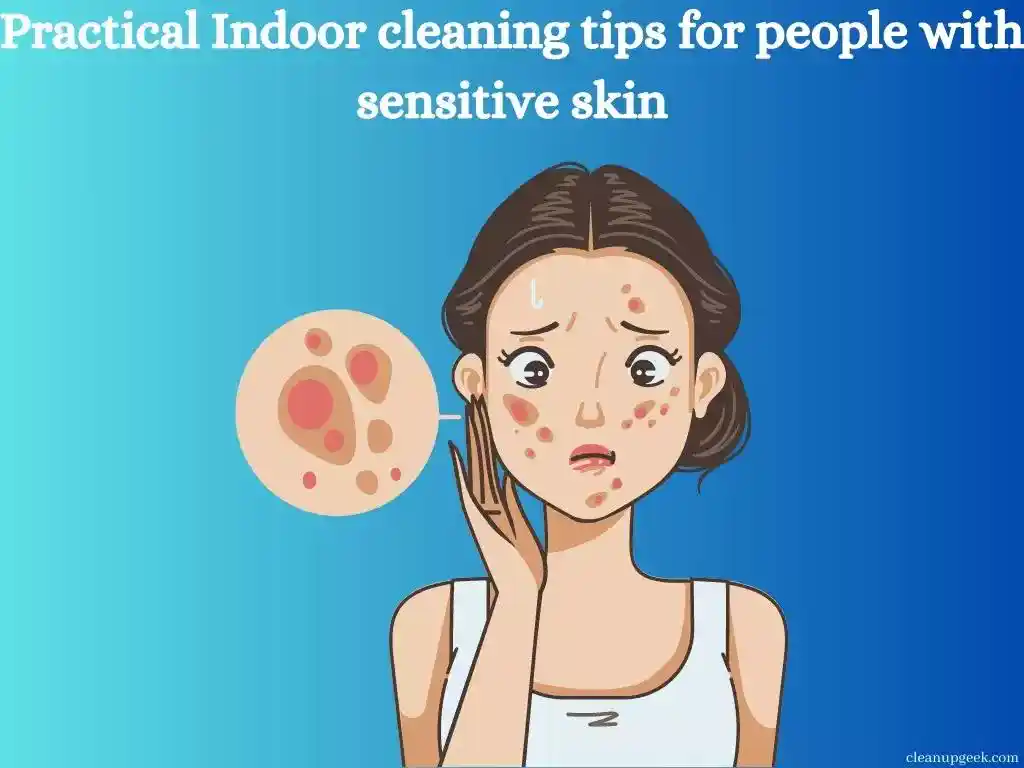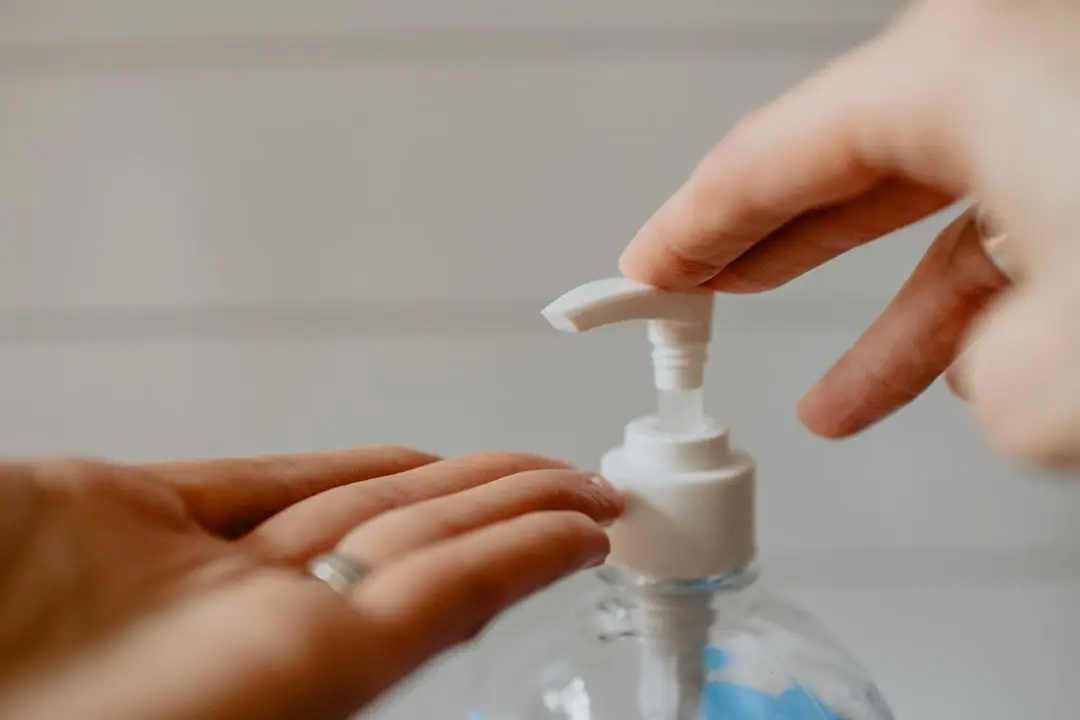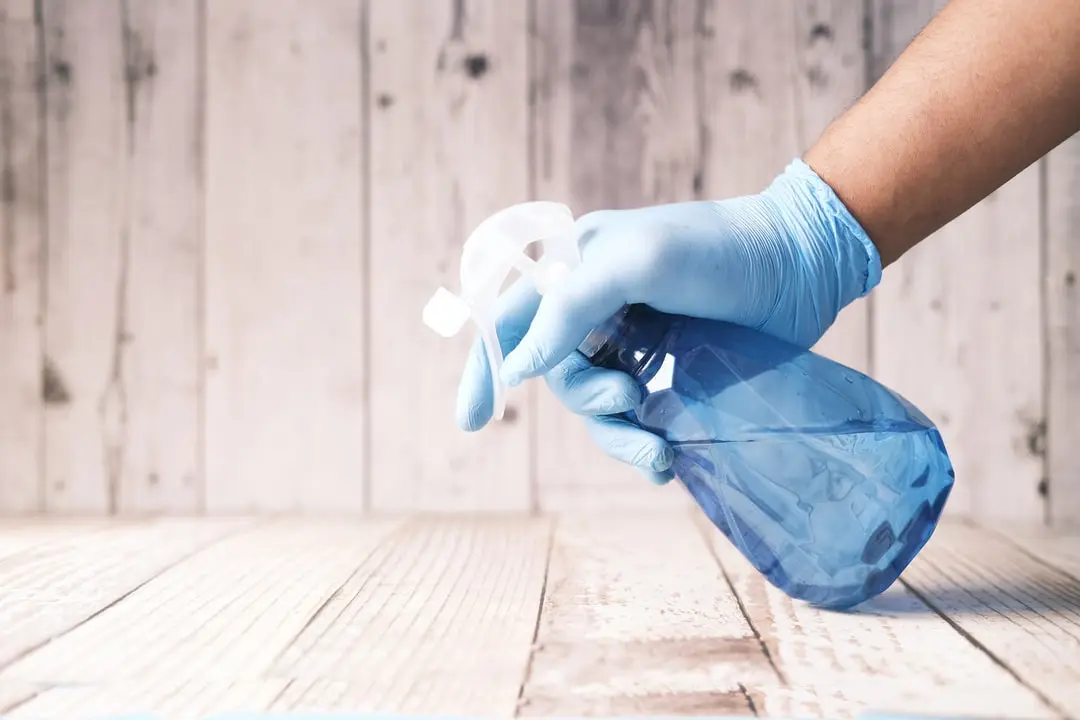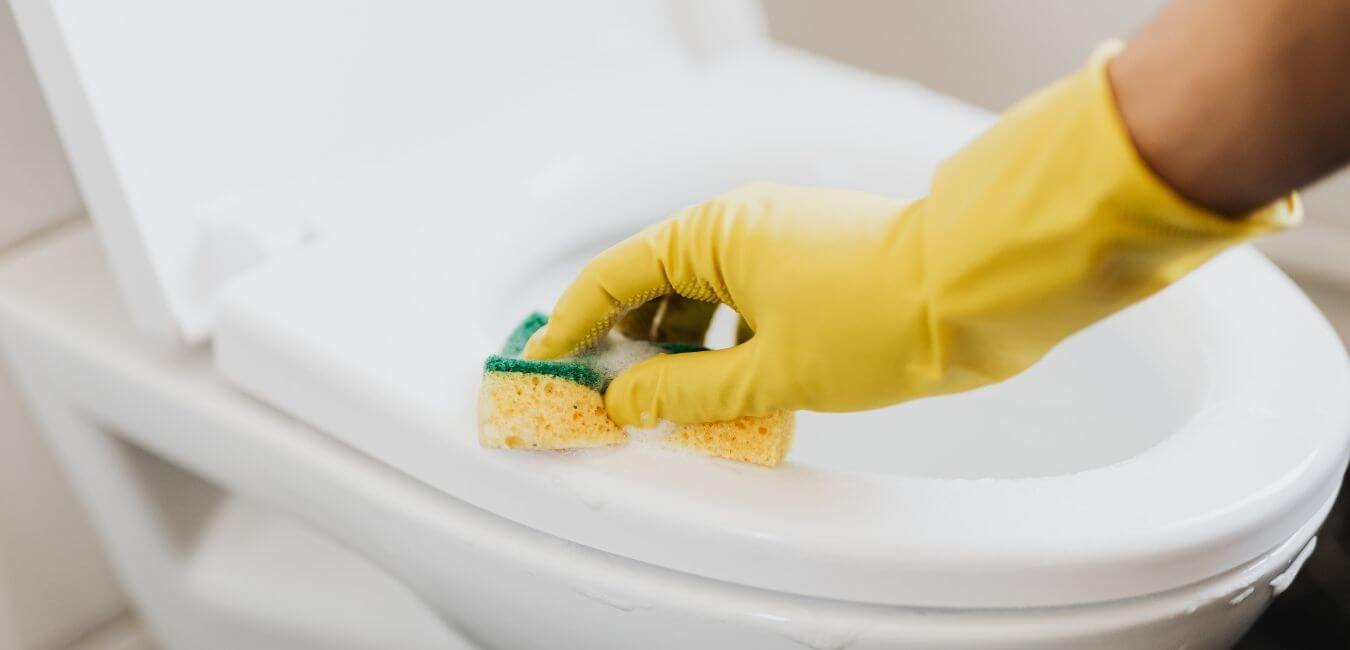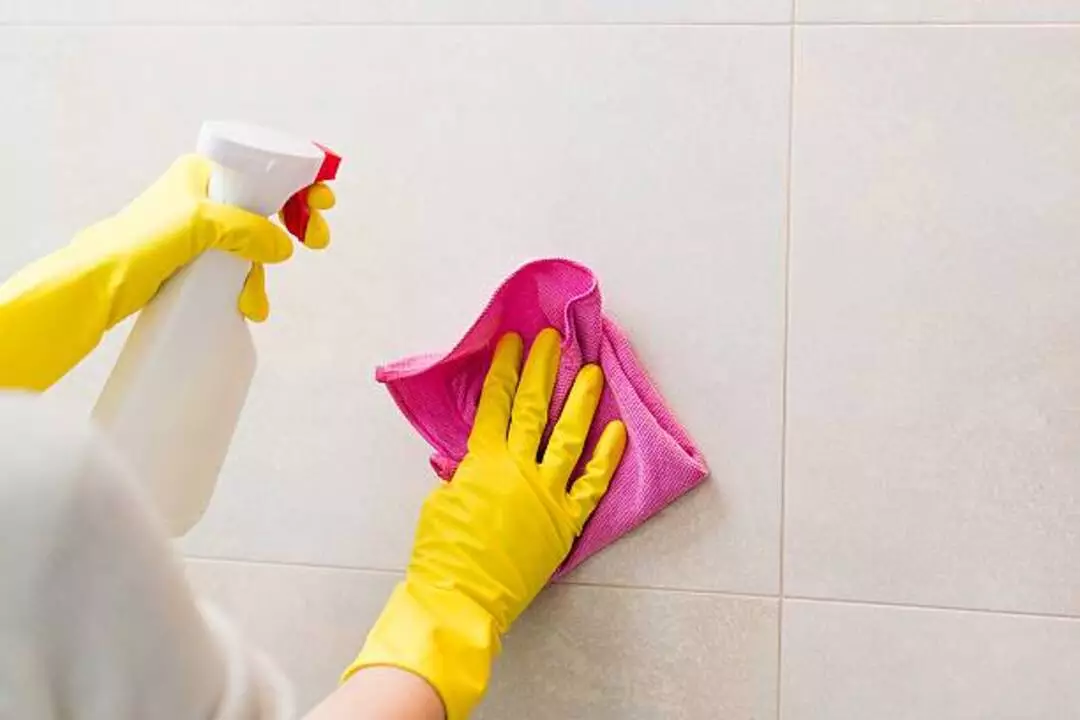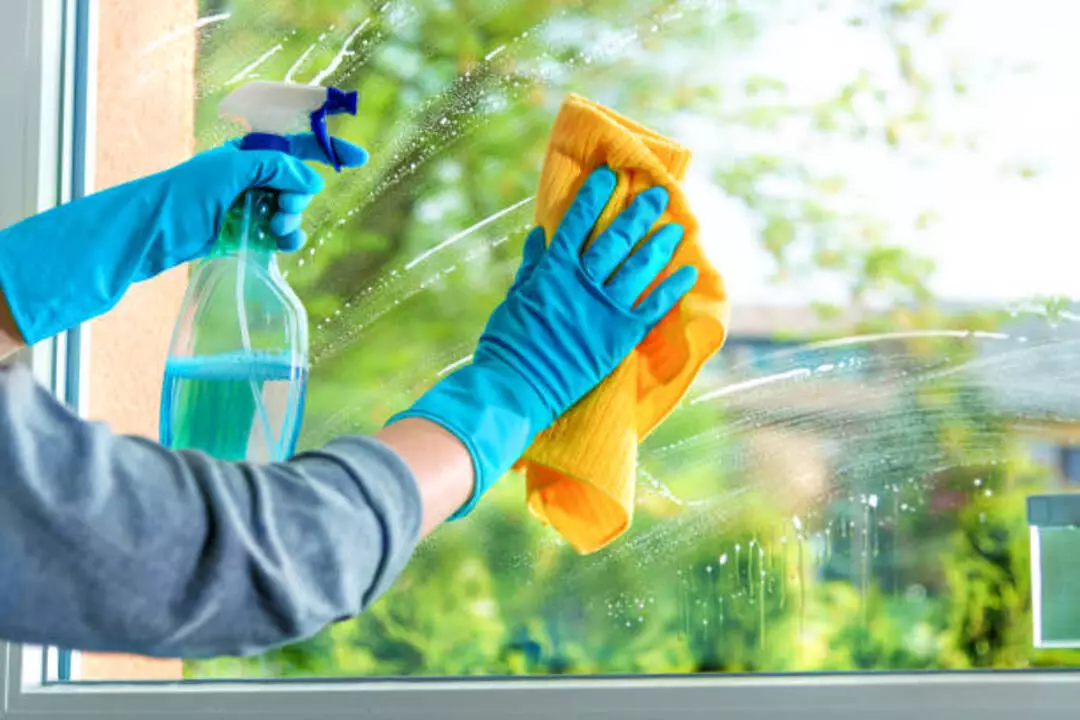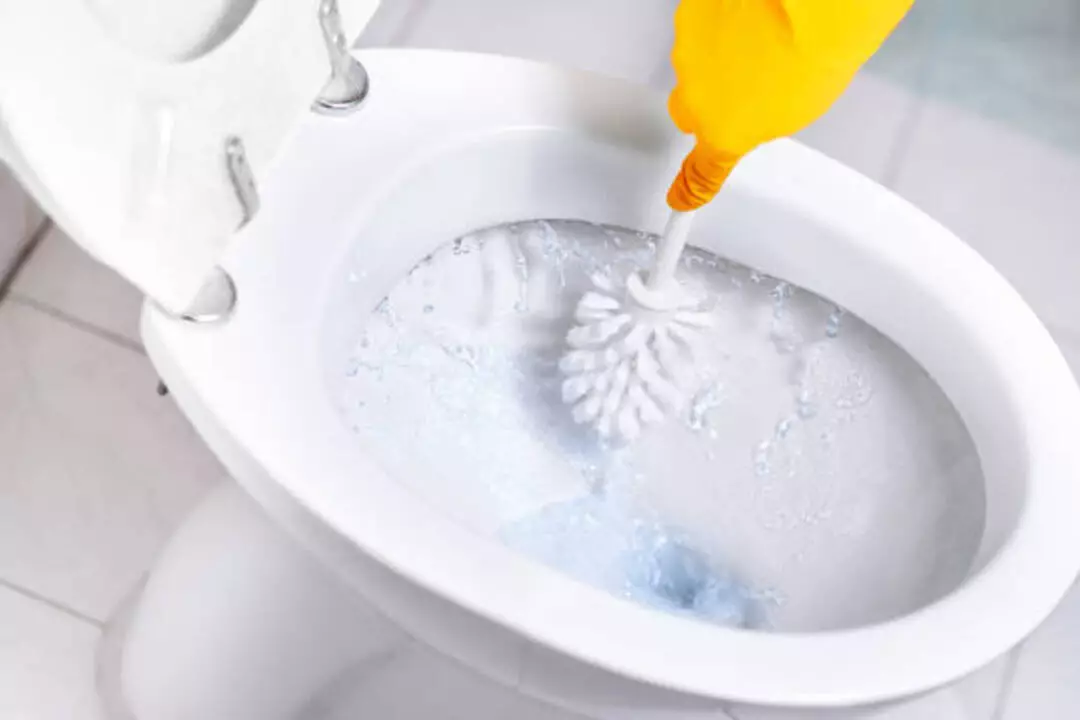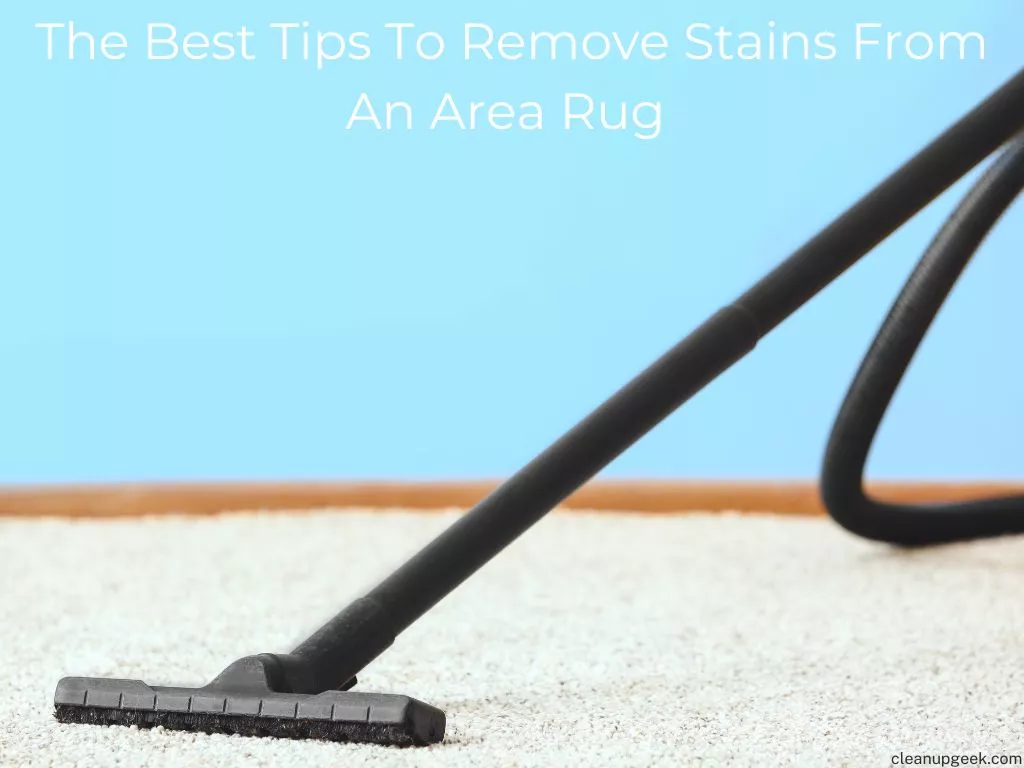Cleaning your home can often feel like a battle if you suffer from sensitive skin. Did you know that many common cleaning products contain chemicals that can irritate the skin?
This article will provide practical indoor cleaning tips for people with sensitive skin to help them clean effectively while avoiding harsh substances and preventing any possible flare-ups.
Ready to transform your indoor cleaning routine for healthier, happier skin? Read on!
Key Notes
- Many common cleaning products contain chemicals that can irritate sensitive skin, so it’s important to use non-toxic and fragrance-free cleaners.
- Green or environmentally – friendly cleaners made with natural ingredients are a great option for people with sensitive skin.
- Properly storing cleaning products, avoiding mixing cleaners, wearing protective gear, and practicing handwashing can help prevent skin irritation.
- Using special detergents designed for sensitive skin and avoiding dryer sheets and fabric softeners can reduce the risk of skin irritation while doing laundry.
Understanding Contact Dermatitis and Irritants
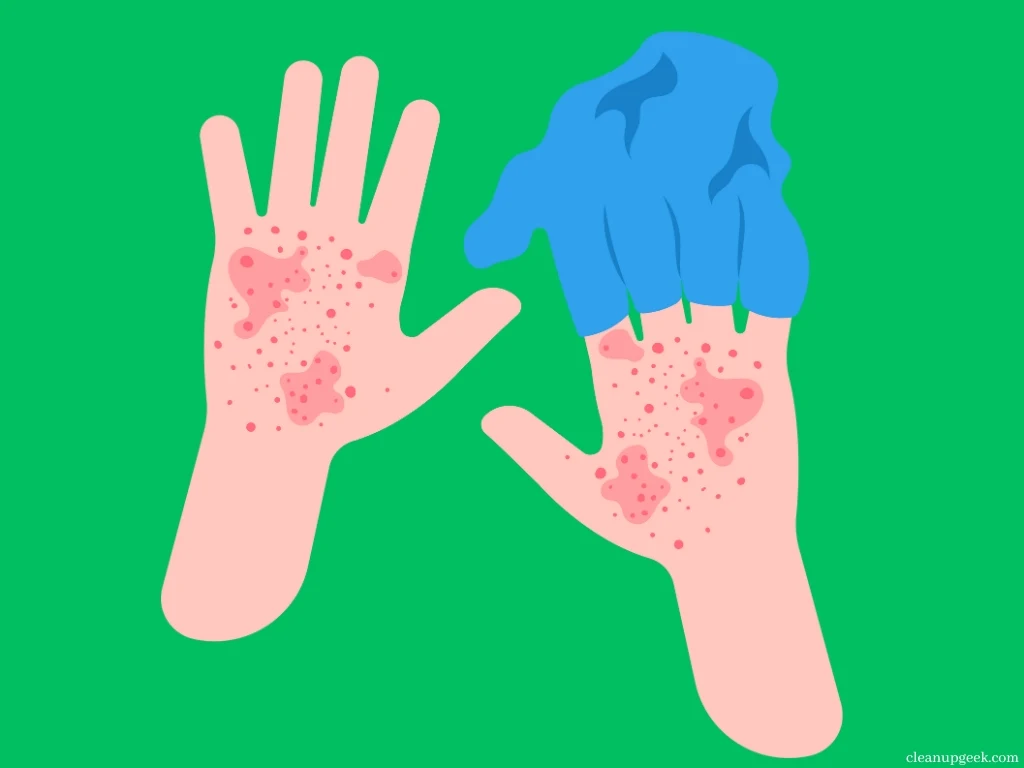
Contact dermatitis is a skin condition that occurs when the skin comes into direct contact with an irritant or allergen.
What is contact dermatitis?
Contact dermatitis is a skin condition that occurs when an individual’s skin comes into contact with certain irritants or allergens. Symptoms may include redness, itching, and swelling of the skin.
The issue can be traced back to many sources, but in the context of cleaning, it’s often ignited by chemicals found in common household cleaning products. From laundry detergent to bleach solutions for scrubbing surfaces, these substances can trigger allergic reactions leading to contact dermatitis.
This emphasizes the need for people with sensitive skin to use non-toxic cleaning products and adopt alternative methods suitable for their skin type.
Common cleaners that cause irritation
- Certain dish soaps containing fragrances and dyes can cause skin irritation.
- All-purpose cleaners that contain harsh chemicals like ammonia or bleach can be irritating to sensitive skin.
- Bathroom cleaners, especially those with strong disinfectants, can trigger allergic reactions in individuals with sensitive skin.
- Window cleaners that contain alcohol or solvents may lead to skin dryness and irritation.
- Laundry detergents with added fragrances and preservatives are known to cause skin allergies in some people.
- Floor cleaners containing strong chemicals like phenol or formaldehyde can irritate sensitive skin.
- Oven cleaners often contain caustic substances that may cause burns or rash on sensitive skin.
- Furniture polishes containing silicones and petroleum-based ingredients can aggravate skin sensitivity.
- Air fresheners and deodorizers can emit volatile organic compounds (VOCs) that irritate the skin of sensitive individuals.
- Carpet cleaners containing harsh solvents or enzymes may lead to itching and redness for those with sensitive skin.
Cleaning Tips to Prevent Skin Irritation

To prevent skin irritation, it is important to read the ingredients label of cleaning products.
1. Read the ingredients label
Before using any cleaning product, it’s crucial to read the ingredients label carefully. Many conventional cleaning products contain harsh chemicals and irritants that can trigger skin reactions in individuals with sensitive skin.
Look for labels that mention “fragrance-free,” “dye-free,” or “hypoallergenic” as these products are less likely to cause irritation. Additionally, be on the lookout for common irritants such as sodium lauryl sulfate, ammonium chloride, and formaldehyde.
By taking a few extra seconds to check the ingredients list, you can protect your skin from potential allergens and make informed decisions about which products to use in your home cleaning routine.
2. Use “green” cleaners
Using “green” or environmentally-friendly cleaners is a great option for people with sensitive skin. These cleaners are typically made with natural ingredients and are free from harsh chemicals that can irritate the skin.
Look for cleaning products that are labeled as hypoallergenic, fragrance-free, or dermatologist-approved. These products are less likely to cause allergic reactions or flare-ups in individuals with sensitive skin.
Additionally, making your own homemade cleaners using simple ingredients like baking soda and vinegar can be a cost-effective and non-irritating alternative. By choosing green cleaners, you can keep your home clean while reducing the risk of skin irritation.
3. Properly store cleaners
- Store cleaners in a cool, dry place to prevent degradation and maintain their effectiveness.
- Keep cleaning products out of reach of children and pets to prevent accidental ingestion or contact.
- Make sure containers are tightly sealed to avoid leaks or spills that could cause skin irritation.
- Store cleaners away from food items to prevent cross-contamination and accidental consumption.
- Avoid storing different types of cleaners together to prevent mixing and potential chemical reactions.
- Check the expiration dates on cleaning products and dispose of any expired or damaged ones safely.
- Consider using air-tight containers or storage bins for organizing cleaning supplies to minimize clutter and potential accidents.
4. Avoid mixing cleaners
Mixing cleaners can be tempting to get the maximum cleaning power, but it’s a big no-no for people with sensitive skin. Combining different cleaners can create chemical reactions that release harmful fumes and irritants, which can trigger allergies or eczema flare-ups.
Mixing bleach and ammonia, for example, creates toxic chlorine gas. Stick to using one cleaner at a time and follow the instructions carefully to ensure your indoor cleaning routine is safe and non-irritating for your sensitive skin.
5. Wear protective gear
Protecting your skin while cleaning is essential for individuals with sensitive skin. Wearing protective gear, such as gloves and long sleeves, can help create a barrier between your skin and the harsh chemicals found in many cleaning products.
This can prevent irritants from coming into direct contact with your skin, reducing the risk of irritation or allergic reactions. Additionally, wearing protective gear can also safeguard against other potential hazards while cleaning, such as cuts or burns.
By taking simple precautions like wearing gloves and long sleeves, you can ensure that your cleaning routine is safe and gentle on your sensitive skin.
6. Practice handwashing
Proper handwashing is crucial for people with sensitive skin, especially after cleaning. This helps to remove any lingering irritants that may have come into contact with your hands.
Use a gentle, fragrance-free soap and lukewarm water to wash your hands thoroughly for at least 20 seconds. Avoid using hot water, as it can strip the skin of its natural oils and worsen irritation.
After washing, pat your hands dry with a clean towel instead of rubbing them to minimize friction on sensitive skin. Regular handwashing will help keep your skin healthy and reduce the risk of further irritation or allergic reactions.
How To Treat Irritated Skin

To soothe and heal irritated skin, apply a cold compress or take an oatmeal bath to reduce inflammation.
Tips for soothing and healing irritated skin
- Apply a cool compress: Placing a cool, damp cloth on irritated skin can help reduce redness and inflammation.
- Moisturize regularly: Applying a gentle, fragrance-free moisturizer can help hydrate and soothe dry, irritated skin.
- Avoid hot water: Washing with hot water can strip the skin of its natural oils, exacerbating irritation. Stick to lukewarm or cool water instead.
- Use mild cleansers: Opt for gentle, non-irritating cleansers specifically formulated for sensitive skin to avoid further aggravation.
- Choose fragrance-free products: Fragrances in skin care products can be irritating to sensitive skin. Look for fragrance-free options to minimize the risk of irritation.
- Avoid scrubbing harshly: Scrubbing vigorously can damage the skin’s protective barrier and worsen irritation. Use a gentle touch when cleansing or exfoliating.
- Limit exposure to irritants: Avoid contact with known irritants such as harsh chemicals, solvents, or strong detergents that can further aggravate sensitive skin.
- Keep the affected areas clean and dry: Ensuring that the irritated areas are kept clean and dry can help promote healing and prevent infection.
- Seek medical advice if needed: If home remedies don’t provide relief or if the irritation persists or worsens, it may be necessary to consult a dermatologist for further treatment options.
Remember, everyone’s skin is unique, so what works for one person may not work for another. It’s important to listen to your body and find what methods work best for soothing and healing your own sensitive skin.
Laundry Tips for People with Sensitive Skin
Use a special detergent formulated for sensitive skin to reduce irritation while doing laundry.
1. Use special detergent
Using a special detergent specifically designed for sensitive skin can make a big difference in preventing skin irritation while doing laundry. These detergents are typically fragrance-free and hypoallergenic, reducing the risk of triggering allergic reactions or exacerbating existing skin conditions.
Additionally, they are formulated to be gentle on the skin, avoiding harsh chemicals that can cause irritation. By switching to a detergent that is eczema-friendly and dermatologist-approved, individuals with sensitive skin can ensure their clothes come out fresh and clean without sacrificing their skin’s health.
2. Watch soap usage
Using too much soap or using soap that contains harsh chemicals can be a major irritant for people with sensitive skin. To avoid skin irritation, it’s important to watch your soap usage when cleaning.
Opt for gentle, fragrance-free soaps that are specifically formulated for sensitive skin. These soaps are less likely to cause allergic reactions or dry out your skin. Be mindful of how much soap you use and dilute it if necessary.
Remember, a little goes a long way when it comes to cleaning with soap. By being cautious about the type and amount of soap you use, you can reduce the risk of irritating your sensitive skin while keeping your home clean and fresh.
3. Avoid dryer sheets and fabric softeners
Dryer sheets and fabric softeners may leave your laundry smelling fresh, but they can be a nightmare for people with sensitive skin. These products often contain fragrances and chemicals that can cause irritation and allergic reactions.
Instead, opt for fragrance-free alternatives or consider using dryer balls made of wool to soften your clothes naturally. Additionally, doing an extra rinse cycle when washing your clothes can help remove any residue left behind by detergents or fabric softeners, reducing the risk of skin irritation.
Taking these simple steps can make a big difference in keeping your sensitive skin happy and healthy while doing laundry.
4. Do an extra rinse cycle
One important tip for people with sensitive skin when doing laundry is to do an extra rinse cycle. This can help remove any remaining irritants, such as detergent or fabric softener residue, that may be left on your clothes after the initial wash.
By thoroughly rinsing your clothes, you can reduce the risk of these irritants coming into contact with your skin and causing irritation or allergic reactions. It is especially beneficial for individuals with sensitive skin to take this extra step in order to ensure that their clothes are truly clean and free from any potential triggers for skin sensitivity.
5. Wash new clothes before wearing
New clothes might look fresh off the rack, but they can often carry irritants that cause discomfort for people with sensitive skin. Washing new clothes before wearing them is a crucial step in preventing skin irritation.
New garments are often treated with chemicals like formaldehyde or dyes that can trigger allergic reactions and contact dermatitis. By giving them a thorough wash, you can remove these potential irritants and make sure your clothes are safe for your skin.
So, before rocking that brand-new outfit, toss it in the washing machine to avoid any unwanted itching or rashes.
6. Wear gloves when handling laundry
Protecting your hands while handling laundry is crucial for people with sensitive skin. Even though you may be using a gentle detergent, certain fabrics, and residues can still cause irritation.
By wearing gloves, you create a barrier between your skin and potential irritants, reducing the risk of contact dermatitis or allergic reactions. This also applies to folding and putting away clean clothes, as a residual detergent or fabric softener can still be present.
So make sure to invest in a pair of gloves specifically designed for household chores to keep your hands safe and free from irritation.
7. Keep laundry isolated
To prevent skin irritation, it’s important to keep your laundry isolated. This means keeping dirty clothes separate from clean ones and avoiding cross-contamination. Why is this necessary? Well, dirty clothes can carry allergens, bacteria, and irritants that can aggravate sensitive skin.
By separating your laundry into different hampers or bags, you reduce the risk of these substances coming into contact with your freshly washed clothes. Additionally, storing dirty laundry in a well-ventilated area can help prevent the buildup of moisture and mold which can also be triggers for skin irritation.
So remember to practice good laundry hygiene by keeping your laundry isolated and maintaining a clean environment for your sensitive skin.
Frequently Asked Questions

1. What are some practical indoor cleaning tips for people with sensitive skin?
Some practical tips for indoor cleaning for people with sensitive skin include wearing gloves while cleaning, using fragrance-free and hypoallergenic cleaning products, avoiding harsh chemicals like bleach, regularly washing bedding and fabrics in hot water, and maintaining good ventilation during the cleaning process.
2. Are there specific types of cleaning products that are better suited for individuals with sensitive skin?
Yes, individuals with sensitive skin should look for cleaning products that are labeled as fragrance-free and hypoallergenic. These products are formulated to be less irritating to the skin and reduce the risk of triggering allergies or dermatological reactions.
3. How can I minimize exposure to allergens while cleaning indoors?
To minimize exposure to allergens while cleaning indoors, it is important to dust regularly using a damp cloth or microfiber duster to capture particles instead of dispersing them into the air. Using a HEPA filter vacuum cleaner can also help trap allergens effectively.
4. Can certain indoor plants help improve indoor air quality for people with sensitive skin?
Yes, certain indoor plants such as spider plants, peace lilies, and Boston ferns have been found to help improve indoor air quality by removing toxins from the environment. However, it’s important to note that some individuals may be allergic to certain plant species, so it’s best to choose plants that do not trigger any sensitivities or allergies in specific individuals.
Conclusion and final thoughts 💭
In conclusion, taking steps to prevent skin irritation during indoor cleaning is crucial for people with sensitive skin.
By reading labels, using alternative cleaners, and practicing proper handwashing and laundry techniques, individuals can create a safe and allergen-free environment in their homes.
With these practical tips, maintaining a clean space without sacrificing skin health is completely attainable for everyone.
